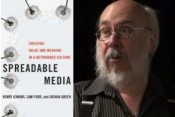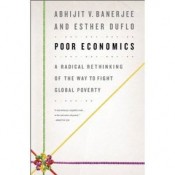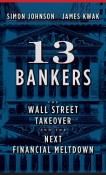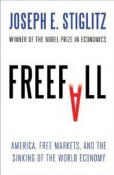Q&A w/ HENRY JENKINS, SPREADABLE MEDIA – Creating Value and Meaning in a Networked Culture
Written on September 12th, 2014 |
Aired: 04/21/13
“If it doesn’t spread, it’s dead,” is the simple consistent message of a new book, SPREADABLE MEDIA: Creating Value and Meaning in a Networked Culture, that maps the changes taking place in our media environment. For all their consolidation, concentration, and money, corporations can no longer control media distribution. Millions are now directly involved in the creation and circulation of content.
“Stickiness” – focusing attention in centralized places — has been the measure of success in the broadcast era. No more. “Spreadability” – dispersing content through formal and informal networks, with and without permission – is the new goal.
What does this mean for media? For information? For culture? For the distribution of power? And how can you take advantage of the new realities to have greater impact and influence?
I’ll be talking about all of that this week with one of the book’s authors, HENRY JENKINS. He coined the term “participatory culture” and he’s been paying attention for decades to the crowd on the other side of the camera, the microphone, and the screen.
www.henryjenkins.org
www.spreadablemedia.org
Q&A: ESTHER DUFLO, Professor of Economics at MIT
Written on April 28th, 2011 |
Aired 04/24/11
ESTHER DUFLO, a Professor of Economics at MIT, has received numerous honors including a John Bates Clark Medal for the best American economist under 40 in 2010, a MacArthur "genius" Fellowship in 2009. She was recognized as one of the best eight young economists by the Economist Magazine, one of the 100 most influential thinkers by Foreign Policy, and one of the "forty under forty" most influential business leaders under forty by Fortune magazine in 2010.
Together with Abhijit Banerjee and Sendhil Mullainathan of Harvard University, she founded the Abdul Latif Jameel Poverty Action Lab in 2003, and authored with Banerjee, the new book, POOR ECONOMICS: A Radical Rethinking of the Way to Fight Global Poverty
Q&A: SIMON JOHNSON-Author/Economist
Written on April 22nd, 2010 |
Aired 04/18/10
SIMON JOHNSON, former chief economist at the International Monetary Fund, is currently Professor of Entrepreneurship at MIT's Sloan School of Management and a senior fellow at the Peterson Institute for International Economics in Washington. He is the co-author of STARTING OVER IN EASTERN EUROPE and co-founder of the blog site THE BASELINE SCENARIO with James Kwak, with whom he also co-authored the new book, 13 BANKERS: The Wall Street Takeover and the Next Financial Meltdown.
Q&A: JOSEPH STIGLITZ – Nobel Peace Prize (Economics) & Author – Free Fall
Written on March 10th, 2010 |
Aired 03/07/10
JOSEPH STIGLITZ became a full professor at Yale in 1970 at the age of 27, and in 1979 was awarded the John Bates Clark Award, as the economist under 40 who had made the most significant contribution to the field. He has taught at Princeton, Stanford, MIT and Oxford, and is now University Professor at Columbia University, Chair of Columbia's Committee on Global Thought, and co-founder and Executive Director of the Initiative for Policy Dialogue.
Stiglitz was a member and chairman of the Council of Economic Advisers during the Clinton administration, and later Chief Economist and Senior Vice-President of the World Bank. In 2001, he was awarded the Nobel Prize in economics and he was a lead author of the 1995 Report of the Intergovernmental Panel on Climate Change, which shared the 2007 Nobel Peace Prize.
JOSEPH STIGLITZ is the author of, among other books, Globalization and Its Discontents, Fair Trade for All, Making Globalization Work, The Three Trillion Dollar War: The True Cost of the Iraq Conflict, with Linda Bilmes, and his newest, Freefall: America, Free Markets, and the Sinking of the World Economy.
